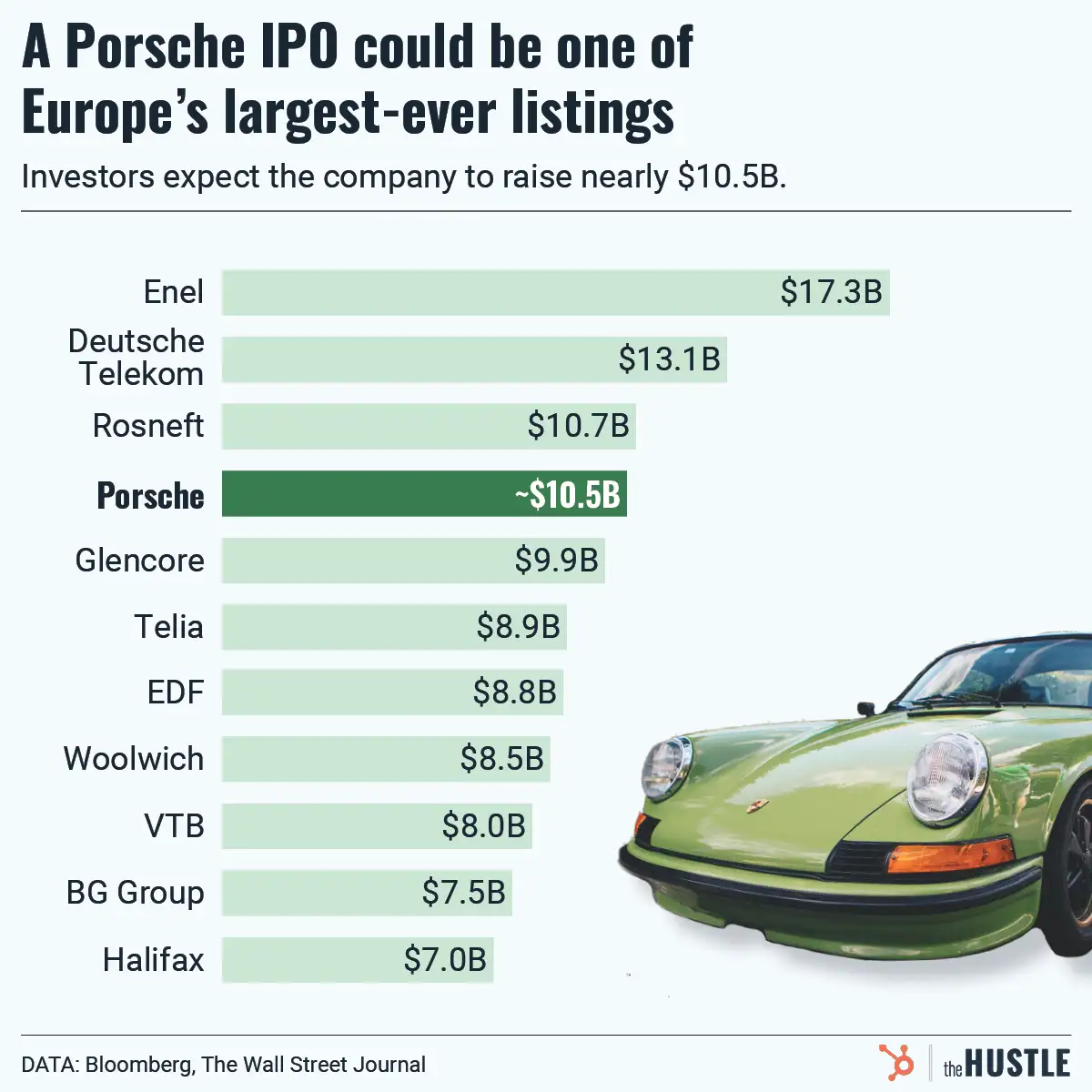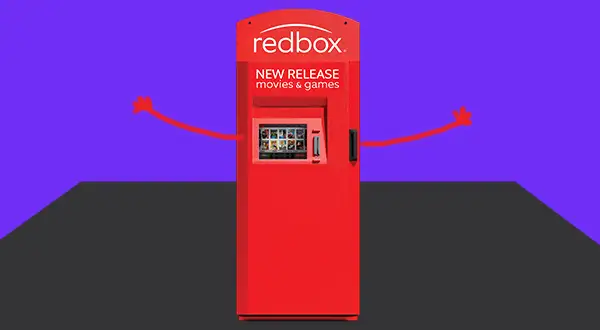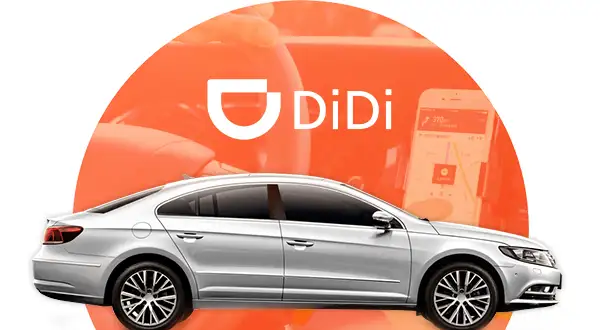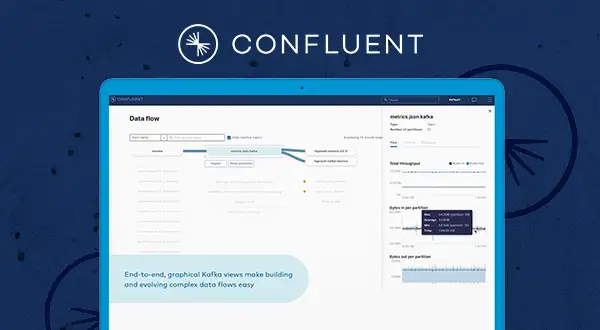Event management and ticketing company Eventbrite announced its $200m IPO yesterday, after rumors of the company’s public offering have swirled for months.

The company’s IPO plans prove that the original event startup has still got it despite increased competition.
When everyone comes to your event, plan a bigger event
When Eventbrite launched in 2006, it was the first company to offer enterprise-quality event assistance to small businesses.
But, after Eventbrite quickly dominated the small event software market (it has 61% market share; no competitors have more than 6%), it set its sights on dominating the event industry from end to end.
To expand its event management offerings to include ticketing and promotion tools, Eventbrite has acquired 9 companies in the past 5 years (including Ticketfly, which EB bought from Pandora for $200m).
But with great success comes great competition
As Eventbrite expanded beyond its original software offerings, it quickly attracted competition from a number of angles.
LiveNation, a promotion company that also owns Ticketmaster, is Eventbrite’s most similar competitor. But it also feels the heat from invite companies like Evite that are monetizing their platforms and as social networking sites like Facebook roll out more event-focused features.
A ’Brite future for Eventbrite partners
By scaling its business globally and keeping its main product simple, Eventbrite has insulated itself from its competitors — at least for now. But the company, which has raised $332.3m and is not yet profitable, still relies heavily on help from its friends to deliver its products.
Eventbrite runs payments through an exclusive contract with Square, stores data through a $12.5m Amazon AWS deal, and relies heavily on Facebook and Spotify for distribution — meaning that a win for Eventbrite is a win for everyone at the party.
Ipo










